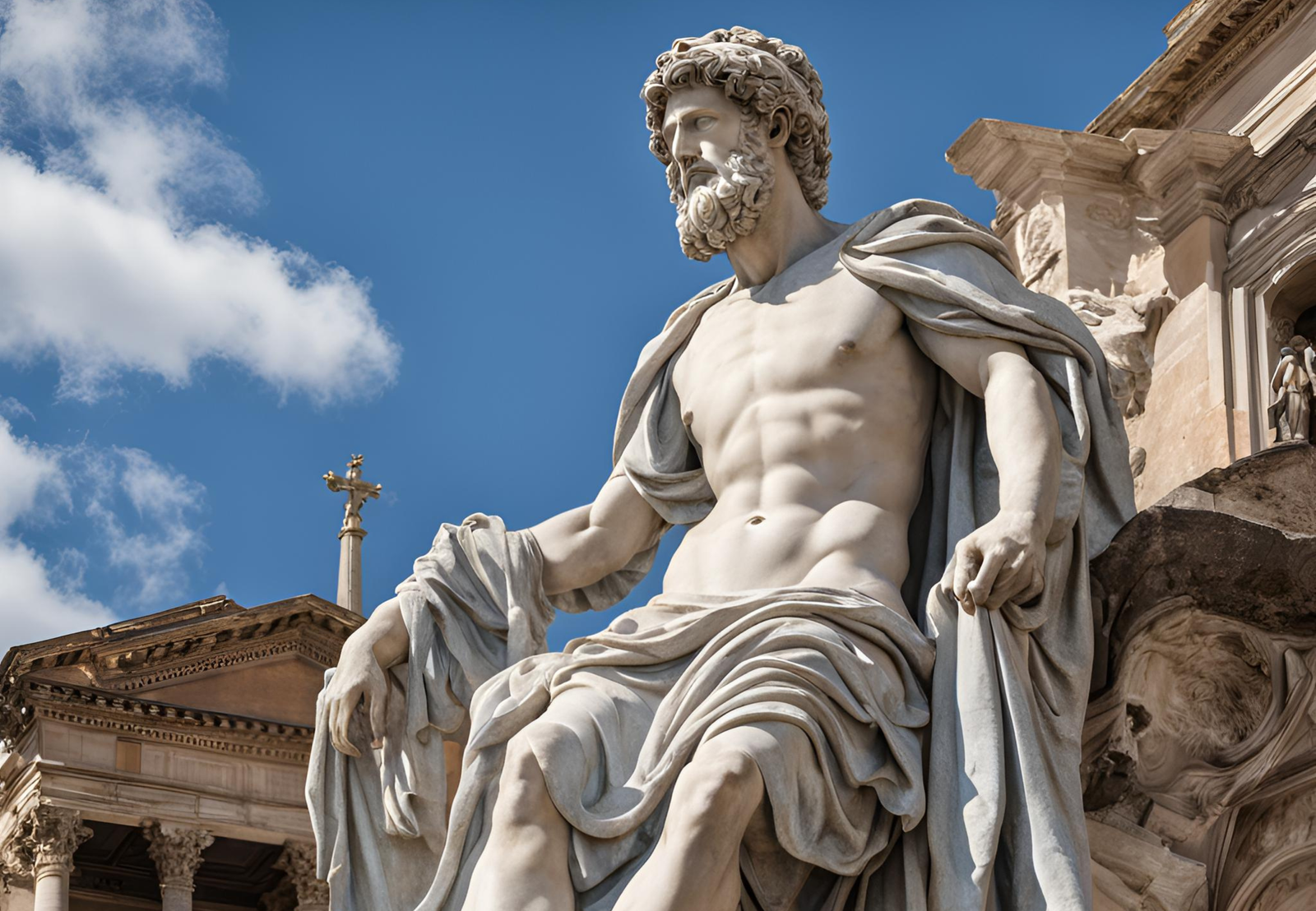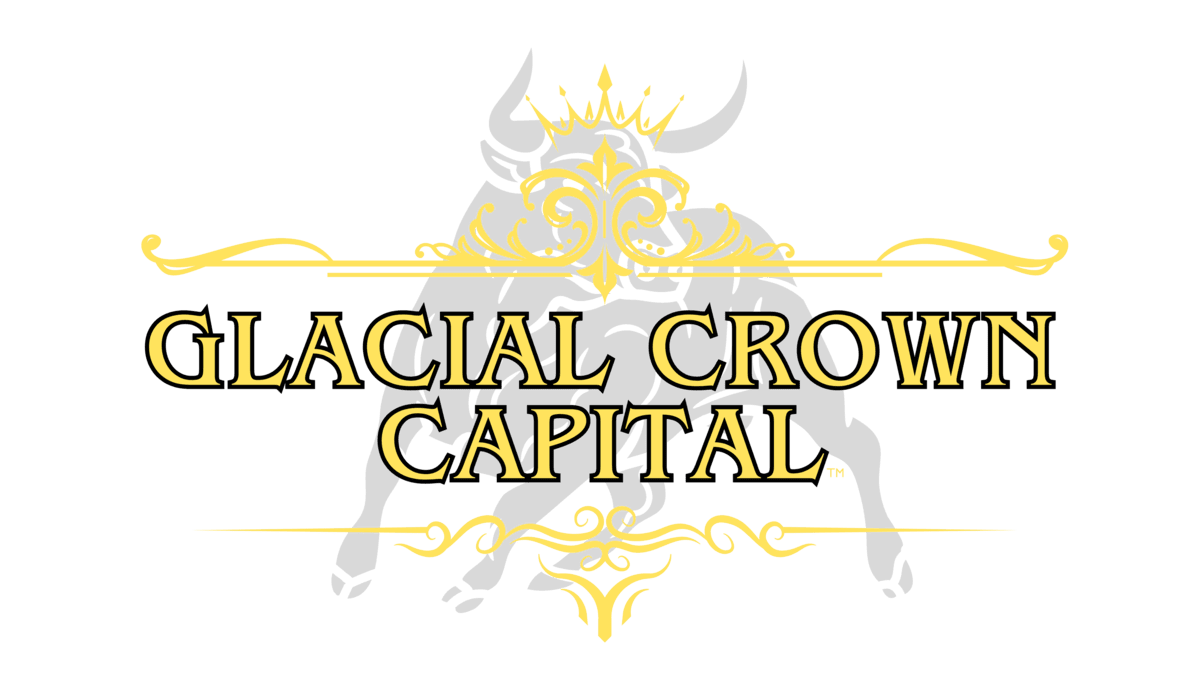The reign of Emperor Julian the Apostate truly captivates historians and literature enthusiasts alike. Moreover, he stands out as a figure deeply entrenched in both history and the literary world. During his tenure as emperor, which provides a distinctive lens through which we can explore the intricate relationships among leadership, religious policies, and military strategies. Consequently, these elements were not isolated; rather, they were interconnected and had a profound impact on both the economy and the stability of the Roman Empire.
Julian was emperor from 361 to 363 AD. His rule didn’t last long. Yet, he tried to bring back paganism. He also had many military campaigns. His governance ideas were bold. They still teach us financial lessons today.
This article delves into Julian’s reign. We’ll look at his policies closely. Each decision impacted the economy and stability. His actions provide valuable governance lessons. These insights remain relevant today.

Leadership and Vision in Economic Stability: Emperor Julian the Apostate
Julian had a vision for Rome. He wanted a return to pagan glory. This vision influenced his economic strategy. Previously, wealth went to the Christian church. Julian changed this. He aimed to redistribute resources.
He supported pagan temples again. This was his way to fix economic balance. He also sought to strengthen Rome’s cultural identity.
But, his religious changes had drawbacks. They show us how risky such shifts can be. Sudden policy changes can destabilize an economy. They impact trade and business. Merchants had to adapt quickly.
The Fiscal Costs of Military Ambition
Julian’s campaign against Persia was costly; it showcased the financial demands of war. He had to allocate a significant amount of capital to fund the distant conflict. Additionally, he ensured the troops were supplied and paid, increasing the expenses further.
Despite his evident bravery, however, the campaign took a tragic turn. Julian met his end, thus underscoring the peril of overextending one’s resources.
Therefore, military ventures require meticulous planning. Not only should there be considerations for supply lines and the economic resilience of the empire, but also there must be strategies in place for potential
Governance, Fiscal Policy, and Administrative Reforms
During Julian’s reign, there was a notable focus on implementing administrative reforms with the goal of streamlining governance and, in turn, enhancing the economic conditions within the empire.
Moreover, his initiatives to combat governmental corruption, alongside efforts to slash unnecessary expenditure and alleviate the heavy tax burden, demonstrate his recognition of the critical role that sound fiscal policy and efficient governance play in ensuring the prosperity of the state.
These reforms, particularly tax reduction and the push for more accountable provincial governance, offer lessons in the importance of equitable economic policies and the reduction of bureaucratic excesses. Emperor Julian’s philosophy of leadership, emphasizing personal frugality and dedication to civic duty, also serves as a model for contemporary leaders on the merits of leading by example.

The Economic Impact of Religious and Cultural Policies
Emperor Julian did attempt to undo Christianity in Rome had deep economic effects. He shifted support from churches to temples. This reallocation aimed to correct an imbalance. His policy shows how religion and economics intertwine. Such shifts can have big impacts. They also carry risks, especially against popular trends.
The Role of Leadership in Economic Strategy
Emperor Julian led with austerity and philosophy. He directly influenced governance and economy. His decisions were clear but ambitious. He viewed economic policy as part of stability strategy. His leadership shows balancing vision with reality is key.
Legacy and Lessons from Julian’s Reign
Julian’s brief rule is a complex study of leadership and economy. His initiatives aimed at economic and cultural revival. They highlight the diverse roles of an emperor for stability.
For modern readers and leaders, Julian’s policies and their outcomes offer valuable lessons on the importance of aligning economic policies with broader societal values and goals, the risks and costs of military overreach, and the critical role of leadership in navigating the complex interplay of economics, culture, and governance.
Emperor Julian the Apostate’s story is a testament to the challenges of leadership and the perennial quest for a stable and prosperous society.
Disclaimer: The content provided by Glacial Crown Capital is for informational purposes only and should not be taken as financial advice. All investments carry risk, and it is important to conduct your own research or consult a financial professional before making any investment decisions. Glacial Crown Capital is not liable for any losses or damages arising from the use of this information. Past performance is not indicative of future results.



















